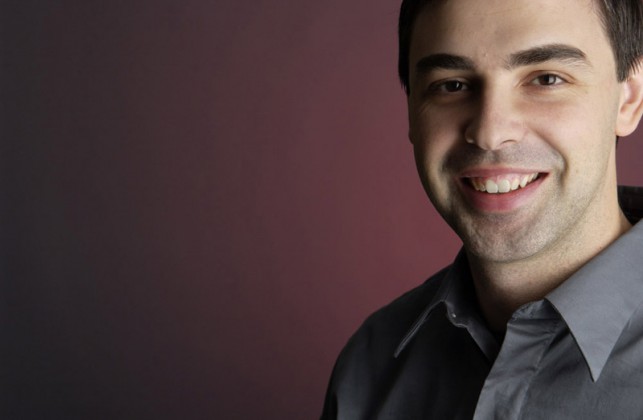Three Clues to Google’s Future from CEO Larry Page
Google cofounder and CEO Larry Page spoke to Fortune recently in a wide-ranging interview that’s well worth reading. Here are three of the most interesting points made by Page, who rarely speaks publicly or to the press.

- He’s aware that the Web is becoming less open.
“The Internet was made in universities and it was designed to interoperate. And as we’ve commercialized it, we’ve added more of an island-like approach to it, which I think is a somewhat a shame for users.”
In the interview as posted, Page didn’t say anything about what he was doing to change that.
- You should do your duty and use social network Google+, because Google needs you to. Many people lamented when Google began converting user accounts to its social network and putting it into search results, but Page appeals for his users to take a longer-term view.
“[Y]ou have to interact with it and you have to claim your name and make it work for you … I think that people weren’t focused on the long-term. And I think again it’s important if we’re going to do a good job meeting your information needs, we actually need to understand things and we need to understand things pretty deeply. People are a component of that.”
- Expect Google to offer more shopping and ecommerce services. Page refers to a recent revamp of shopping search, which included charging merchants to be included in results, as being part of a longer-term effort.
“The perfect search engine would really understand whatever your need is. It would understand everything in the world deeply, give you back kind of exactly what you need. I think some of the things we’re going to do with shopping are also related to that. In shopping we switched to more of a bid model. Part of that’s just to make sure we get the information to better structure it, and we have really accurate information that we could give to you. Because obviously if you’re buying something, it is a commercial transaction.”
Keep Reading
Most Popular
Large language models can do jaw-dropping things. But nobody knows exactly why.
And that's a problem. Figuring it out is one of the biggest scientific puzzles of our time and a crucial step towards controlling more powerful future models.
How scientists traced a mysterious covid case back to six toilets
When wastewater surveillance turns into a hunt for a single infected individual, the ethics get tricky.
The problem with plug-in hybrids? Their drivers.
Plug-in hybrids are often sold as a transition to EVs, but new data from Europe shows we’re still underestimating the emissions they produce.
Stay connected
Get the latest updates from
MIT Technology Review
Discover special offers, top stories, upcoming events, and more.